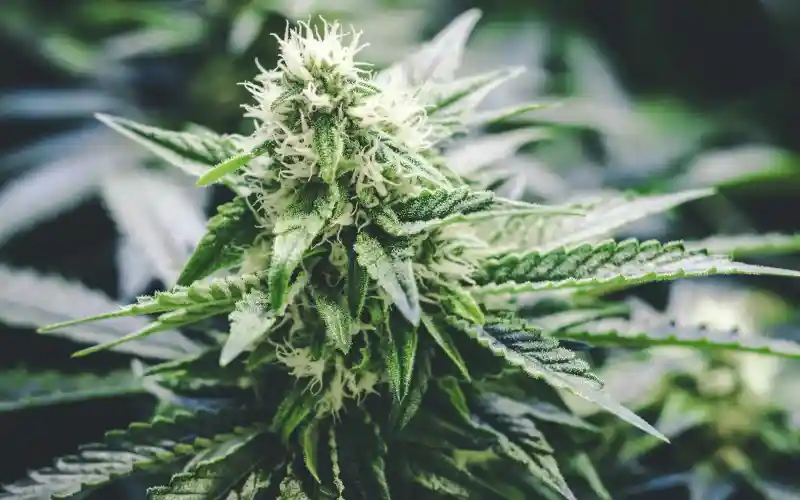A majority of cannabis flower products purchased at licensed retail pot shops in Colorado contained less THC than indicated on the label, according to a study performed by a researcher at the University of Colorado Boulder. The study showed that THC levels indicated on the label of approximately 70% of products tested were at least 15% higher than those reported by a third-party lab after purchase.
The research was conducted by Anna Schwabe, an associate lecture professor of modern cannabis science at the University of Colorado Boulder. To complete the study, Scwabe collected 23 cannabis flower samples from 10 licensed dispensaries located across the northern Colorado Front Range, which includes the cities of Denver, Fort Collins and Garden City.
The samples represented 12 different cannabis strains including sativas, indicas and hybrids, with different THC potency levels reported on the product packaging. Some THC potency levels were reported as a range from 12.8%-19.3% on the lower end and 28.07%-31.28% on the higher limit, while others were reported as a single value such as 16.4% or 17.4%.
After the samples were collected, they were sent to an independent laboratory for analysis using high-performance liquid chromatography (HPLC), which separates, identifies and quantifies the different chemical compounds contained in a mixture. HPLC is the most commonly used method in cannabis testing to determine cannabis potency and detect contaminants, making it an important tool to ensure consumers that products have been tested for safety, purity and potency.
A comparison of lab testing results revealed that approximately 70% of the samples had reported THC levels that were at least 15% higher than the levels determined by the independent laboratory.
“Among the 23 flower samples analyzed, 18 displayed lower THC levels than reported – with 16 falling below 15% of the stated value, 13 falling below 30% of the reported THC and three samples falling below half of the reported THC,” Schwabe wrote in a report about the research published by nonprofit news source The Conversation
Four of the samples were within the range indicated on the label, while only one product contained more THC than the potency level reported on the packaging.
Schwabe noted that the lower THC values determined through independent lab testing were not due to degradation, adding that THC can degrade to the cannabinoid CBN (cannabinol) over time. However, CBN was not detected in measurable amounts in the samples, and additional testing showed that THC levels were stable over time.
The research also revealed a significant increase in cannabis potency over the last 15 years, a period that includes the 2014 legalization of recreational cannabis in Colorado.
“THC levels averaged 9.75% back in 2009, based on testing of DEA-seized cannabis flower. Today, levels reportedly surpass 35%, though they’re not as common as consumers have been led to believe,” Schwabe wrote in her report. “DEA-seized cannabis flower averaged 13.88% in 2019, which is closer to my observed mean of 14.98% than the reported mean of my samples, which was 20.27%-24.10%.”
The research did not determine who is responsible for the misinformation found in reported cannabis potency levels. Cannabis cultivators or dispensaries could be selecting the best flowers to submit for laboratory testing. Although regulations require tests to be performed on a random sample of a batch of cannabis flowers, oversight to enforce the guidelines is lacking.
The inaccuracy in cannabis potency labeling could also be the result of fraud. Cannabis testing labs could be manipulating the testing process or doctoring the numbers indicated on certificates of analysis to ensure repeat business or gain new clients, the author of the study noted.
Schwabe noted that accurate lab testing of cannabis potency is important for medical marijuana patients who may want to carefully control their dose of THC. Proper potency testing is also significant for consumers who purchase recreational weed because companies can charge higher prices for cannabis with high levels of THC.
Schwabe, who is also a board member for the nonprofit Agricultural Genomics Foundation, said that the cannabis industry should focus on educating “consumers on how to make more informed choices by looking beyond mere THC percentages.”
“People generally do not shop for wine or beer based on alcohol content,” the researcher wrote. “Instead of focusing on THC content, a novice cannabis consumer might consider brands that are reputable or strains that have an aroma or flavor profile they enjoy. Eventually, they may move on to find a favorite breeder or grower, or a trusted dispensary that employs a knowledgeable budtender.” (Full Story)

